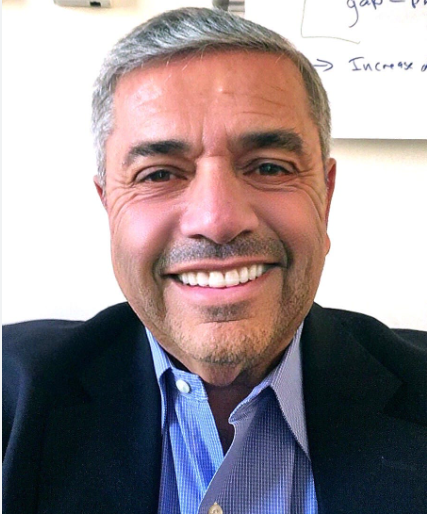Cardiovascular disease is the leading cause of death in the United States, taking the lives of about one million Americans each year. But heart health doesn’t have to be a scary subject.
The good news is that you can lower your risk for cardiovascular disease by making lifestyle changes—especially if you make them now! Here are some of my top tips to keep your heart healthy:
Exercise Regularly
The benefits of exercise for your heart are well known. Regular physical activity can help lower blood pressure and reduce the risk of heart disease, among other benefits.
To find out how much exercise is right for you, talk with your Dr. John Strobeck about what kind of physical activity will be easiest on your body and whether there are any limitations or precautions that should be taken into account before starting an exercise program.
Eat A Healthy Diet
Another key component of heart health is a healthy diet. A balanced diet will help you get all the nutrients your body needs and avoid excess calories, which can lead to weight gain or obesity.
• Steer clear of saturated-fat-rich foods.
• Whenever possible, stay away from foods with added sugars.
Check The Health Of Your Heart.
To ensure that you are protecting your heart, it is important to make sure your cholesterol and blood pressure levels are in check.
Cardiologists like Dr. John Strobeck also recommend avoiding tobacco products like cigarettes or cigars because they can cause inflammation in the arteries, increasing the risk of heart attack or stroke. Alcohol consumption should be limited–a glass or two per day may be okay but anything more than that can increase blood pressure and triglycerides (fatty substances found in the blood).
Know What Symptoms To Look Out For.
Heart disease is an important and frequently fatal condition. It’s important to know the signs of heart disease so that you can get help if you think something might be wrong.
• Chest pain or discomfort
• Shortness of breath or rapid breathing
• Lightheadedness or dizziness, with a potential fainting sensation
Conclusion
Hope you’ve enjoyed learning more about heart health and how to protect it. If you’re looking for a way to get started with your efforts, talk to your cardiologist today!
